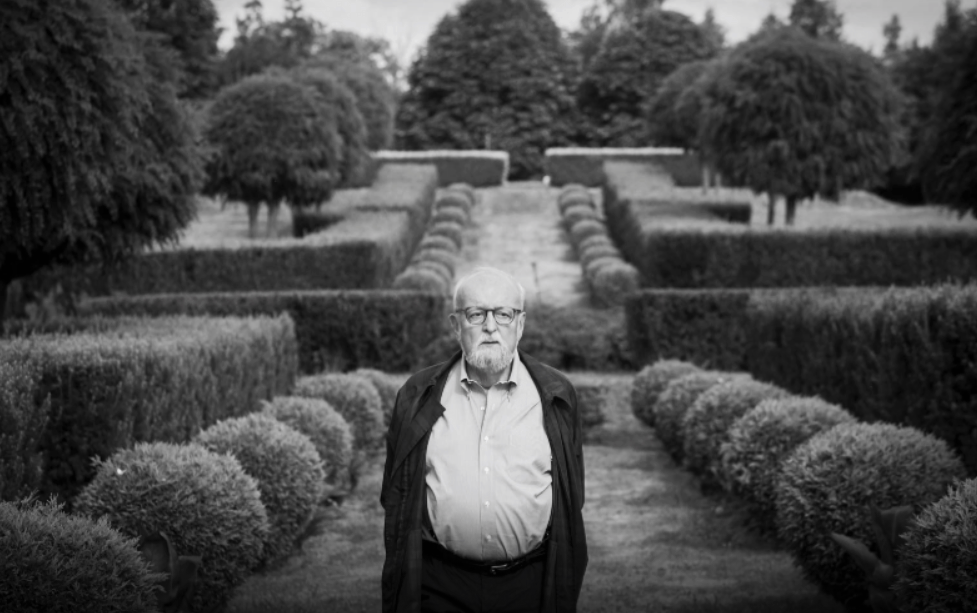A journey through the Carpathian scores of folk sounds can take us to the world's greatest concert halls, uncover the dramatic history of the region and bring out the memories of its greatest artists. Bela Bartok and Krzysztof Penderecki are such a duo, who can take us to the valleys of string pizzicato and smoothly flow through the heights of piano legato.
Penderecki and Bartok are linked by the Carpathians. The Polish virtuoso was born in Podkarpacie in an Armenian-German-Polish family. The experiences of his childhood and the war were written into his music. It resonated with stylizations of early music, but also with avant-garde sounds, hitherto unheard of, arousing suspicion to such an extent that the original score of the "Threnody" was seized by customs services on suspicion that it contained secret plans for the construction of an atomic bomb or military secrets of the Warsaw Pact.
He established a private arboretum of more than 1,500 species of trees and shrubs from around the world. "Look at the trees, look at them carefully, because they are doubly rooted - in heaven and in earth," he told the youngsters.
When, on the 60th anniversary of Poznan's June and the Hungarian uprising, the parliaments of Poland and Hungary designated 2016 as the Year of Polish and Hungarian Solidarity, one of the most prominent participants in the celebrations was Krzysztof Penderecki. In Budapest, he confessed that he created "Hungaria 56. Requiem," a piece dedicated to the events of 1968. When Hungarians rebelled against the Communists, Poles showed them that in the fight for freedom they not only set paths, but that they were friends: We lived through the Hungarian uprising in Poland very much and struggled with the events. We listened to the news with great enthusiasm. And we went many times to donate blood for Budapest. We were proud of what was happening there". - recalled the composer.
Penderecki never made it a secret that he admired Bartok's musical artistry. The Hungarian composer, in turn, "furnished" his workshop with sounds learned during his ethnographic travels through the Carpathians. Both of them transformed mountains into scores that found their way to the largest concert halls in the world and will forever remain among the canons of music.
mo



